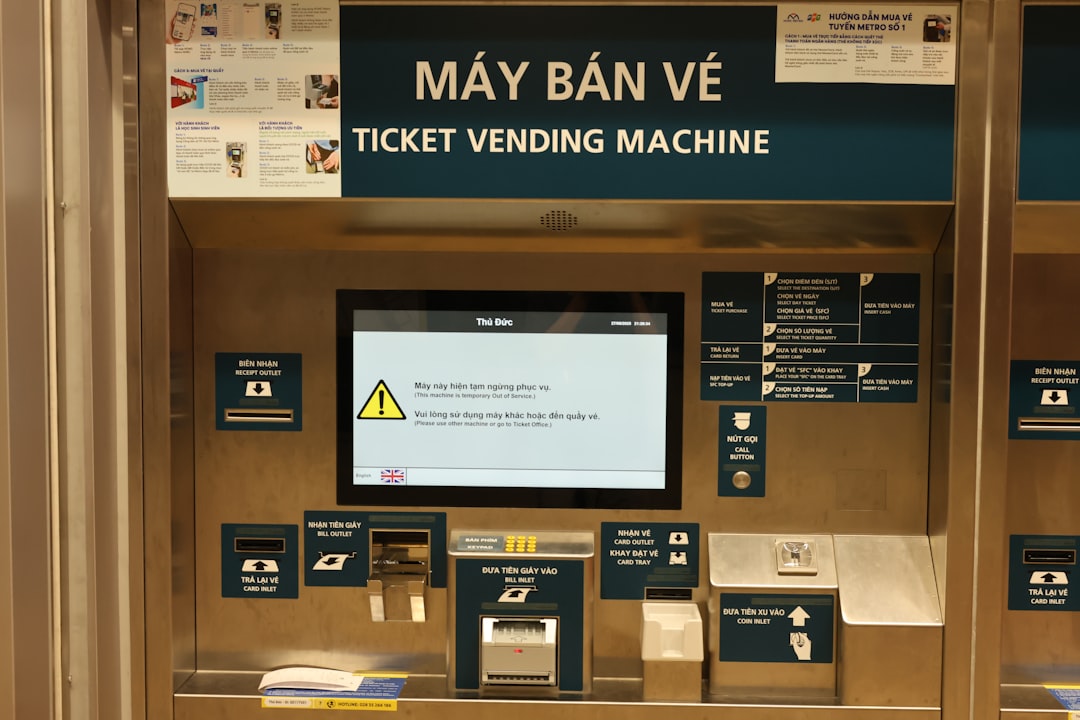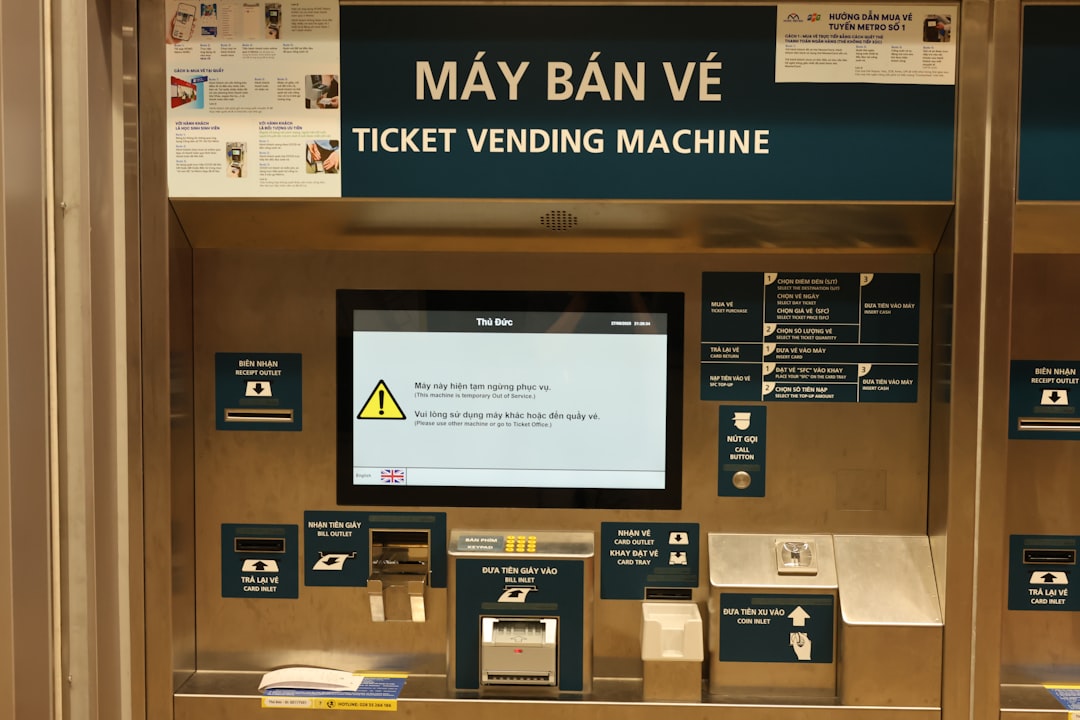In the digital age, businesses are increasingly reliant on ticket systems to manage customer support, resolve incidents, and streamline internal communication. As organizations aim to become more efficient and responsive, one area that has seen rapid evolution is the integration of ticket systems with email platforms, anchored by robust automation capabilities. This trend is not merely about improving functionality—it’s about transforming customer experience and service operations. The future holds immense potential as emerging technologies pave the way for smarter, more intelligent support systems.
Current Landscape of Ticket System Email Integration
Traditional ticket systems integrated with email have proven effective in capturing customer queries, assigning support staff, and tracking resolution. Most platforms allow users to trigger tickets by sending emails to specific addresses, which then create support cases within the system. These services generally offer:
- Automatic ticket generation from email content
- Notifications and reminders for support teams
- Email threading to maintain context
- Basic automation rules for routing and escalation
However, with rising demands for response speed and personalization, these basic functionalities are no longer sufficient. Consequently, ticketing platforms are evolving to incorporate more advanced and predictive email handling features.
Future Trends Shaping Ticket System Integration and Automation
Looking forward, several technological advancements are poised to redefine how email and ticket systems interact. These future trends point to a smarter, more responsive, and fully integrated ecosystem.
1. AI-Powered Email Parsing and Intent Detection
One of the biggest game changers on the horizon is the integration of artificial intelligence (AI) into email processing. Using machine learning algorithms and natural language processing (NLP), ticket systems can now interpret the content of an email in real-time and determine its intent. This enables more accurate ticket categorization and prioritization, reducing manual effort and improving resolution time.
Moreover, AI can be trained on historical support data to understand user sentiment and urgency from email language, triggering priority routing or escalations automatically.

2. Hyper-Personalization Through CRM Synchronization
Future ticket systems will tightly integrate with Customer Relationship Management (CRM) platforms. This will allow the system to access extensive contextual data about the customer, including past purchases, previous interactions, demographics, and support history.
When an email is received, the system can automatically tailor responses or assign the email to the most appropriate support agent based on expertise, previous contact, or customer value. This kind of intelligent email handling not only enhances service quality but also contributes to customer loyalty and satisfaction.
3. Predictive Analytics for Proactive Support
Email-tied ticket systems will increasingly utilize predictive analytics to identify potential issues even before they are formally reported. Based on email patterns, past tickets, and real-time system monitoring, automation can suggest or open tickets preemptively.
For example, a sudden spike in similar error messages forwarded by users can trigger an automatic investigation ticket or alert an engineering team—expediting resolution and minimizing downtime.
4. Integration with Communication Ecosystems
The future of support is omnichannel. Email will continue to play a critical role, but ticket systems will be expected to integrate seamlessly with other platforms such as Slack, Microsoft Teams, SMS, and chatbots.
Unified communication channels will ensure that ticket status changes, follow-ups, and automation events are mirrored across all mediums, allowing teams and customers to stay updated in the channel of their choice. Email automation tools will evolve to respond contextually based on cross-channel interactions.

5. Enhanced Workflow Automation and No-Code Builders
A growing trend is the rise of no-code or low-code automation builders within ticketing systems. These enable businesses to create complex workflows that automate common support processes without needing software development expertise.
From assigning agents based on workload to auto-responding to frequently asked questions, future platforms will offer drag-and-drop automation creation that responds dynamically to email content and ticket status. This level of flexibility helps support teams scale quickly during high volume periods without sacrificing quality.
6. Real-Time Collaboration for Ticket Resolution
In future systems, email-driven tickets will not be isolated tasks managed linearly. Instead, they will be dynamic objects that integrate with real-time collaboration tools to enable faster cross-functional communication. Internally, if a ticket generated from an email requires input from multiple departments, the system can initiate collaboration threads, merge updates, and ensure synchronized responses to the customer.
Challenges Ahead
While the potential of these trends is immense, several challenges must be addressed to realize their full promise:
- Data privacy and compliance: Email communication involves sensitive information that must be handled in accordance with GDPR, HIPAA, and other regulations.
- Change management: Transitioning to AI-driven and automated ticket systems requires organizational cultural shifts and staff retraining.
- Over-automation: Too much automation could alienate customers seeking human interaction for certain issues, making it critical to find the right balance.
Addressing these challenges requires not just smart software solutions, but also strong governance policies, thoughtful implementation, and continuous evaluation of support effectiveness.
Security and Trust in Automation
With increased reliance on automation and integration, the issue of cybersecurity becomes even more significant. Email channels are vulnerable to phishing, spoofing, and other forms of cyber attacks.
Modern ticket systems will need to incorporate multi-factor verification, secure APIs, and robust encryption to ensure that tickets—especially those generated automatically—are legitimate and secure. Added layers of verification, such as email domain checks, digital signatures, and AI-based anomaly detection, will be critical in maintaining trust and security.
Final Thoughts
The future of ticket system email integration and automation is not just about technology—it’s about enhancing operational efficiency, improving customer experience, and ensuring business continuity in an ever-demanding service environment.

As these systems evolve, businesses that adopt integrated, automated, and intelligent ticketing processes will be better prepared to meet the challenges of tomorrow’s customer expectations. Investing in these advancements today is not only a path to efficiency but a strategic step toward long-term competitiveness and resilience.
By carefully balancing technology with thoughtful service design, organizations can truly revolutionize their customer support.


